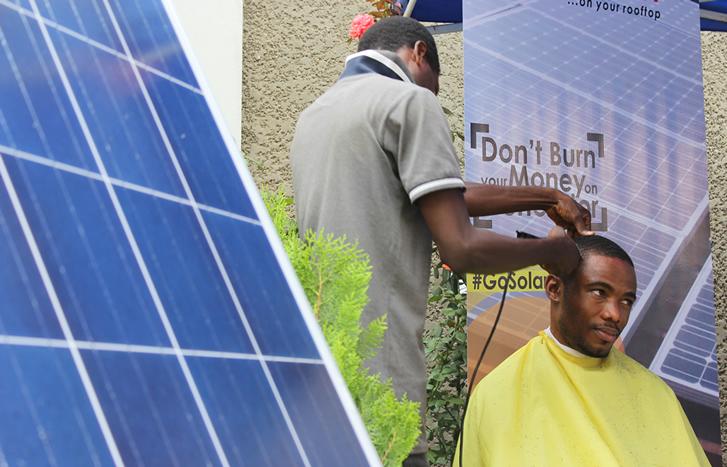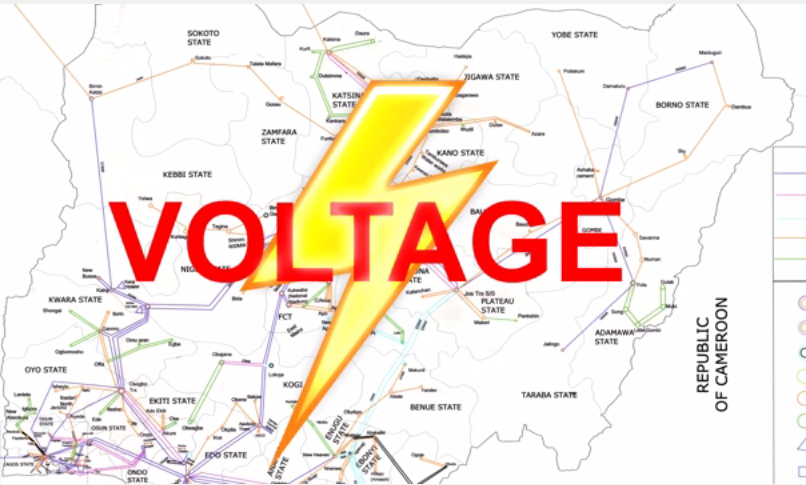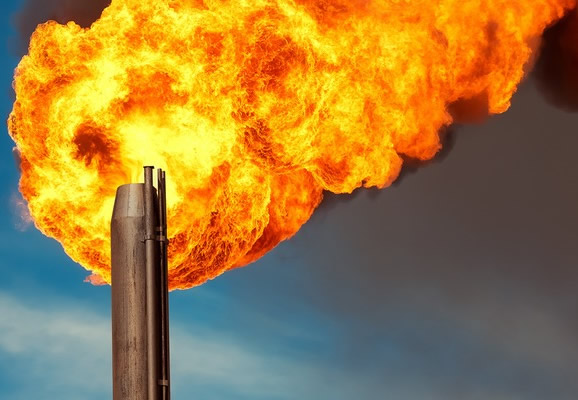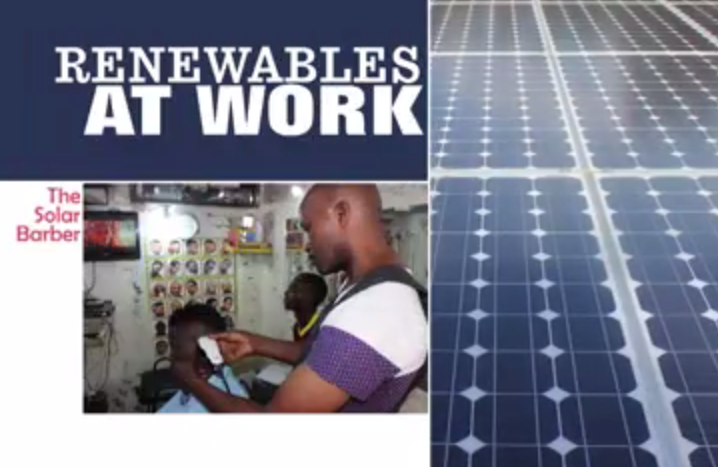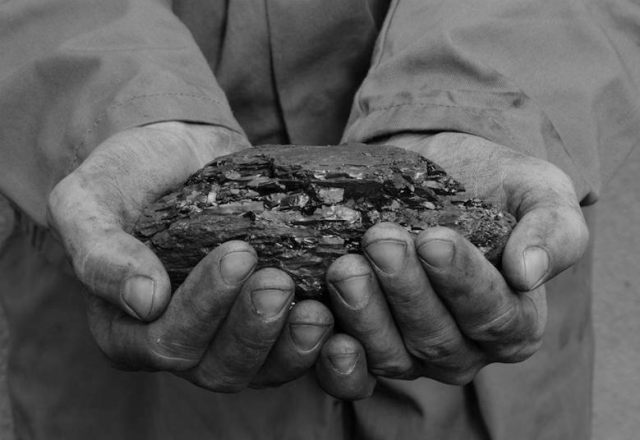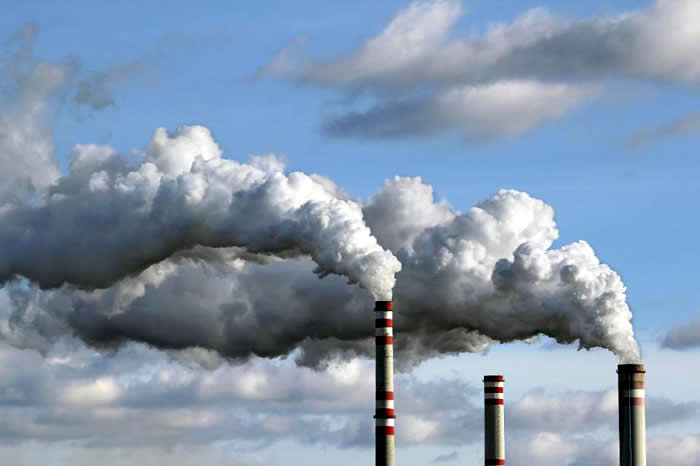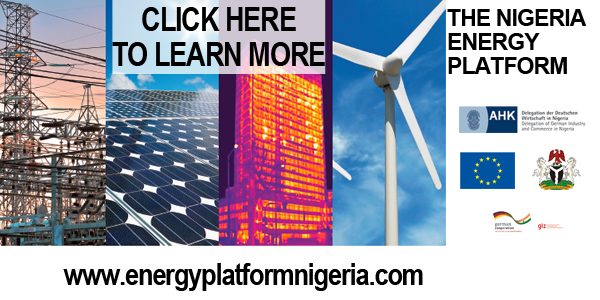Energy Finance
In a receding economy, funding is hard to come by. Access to finance continues to be a potent factor hindering the growth of renewable energy in Nigeria. Recently, the Bank of Industry announced the release of a billion Naira fund for solar projects for MSMEs. This article beams on some characteristics of the fund.
Energy Mix
An animation video explaining the basic facts on Nigeria's national grid, from generation to transmission, power plants to cost of extending cables across the nation.
Gas
Nigeria ranks as one of the world’s biggest gas flare countries; flaring hundreds of billion scf of natural gas each year, and losing billions of dollars’ worth of economic potential to gas flaring. Launched in late 2016, the National Gas Flare Commercialisation Programme seeks to reverse this trend by ending gas flaring by 2020. What actions are proposed by the Programme and what policy provisions…
Renewables
Efe, a professional barber from Lagos, has expanded his business by about 40 per cent after installing his own solar panels. He is even starting a second barbing saloon in another part of town. Find out how he was able to do it in this short video.
Coal
Nigeria needs a power revolution, but where will the electricity come from? The energy sources in the country are many, including fossil materials such as oil, gas and coal – but renewable energy sources such as solar, wind and biomass are equally available in abundance. Christine K of the Heinrich Boell Foundation in Abuja lists facts and arguments. In August 2014, Nigeria’s government declared that…
Coal
What is Nigeria’s coal policy? The National Energy Master Plan (NEMP) of 2014 foresaw a major role for coal… It calculated the role of coal, and its potential contribution to Nigeria’s total electricity supply under different national economic growth scenarios, such as 7%, 10%, 11.5% and 13% annual GDP growth rates. NEMP (2014) reveals which path Nigeria is towing with respect to coal power.
